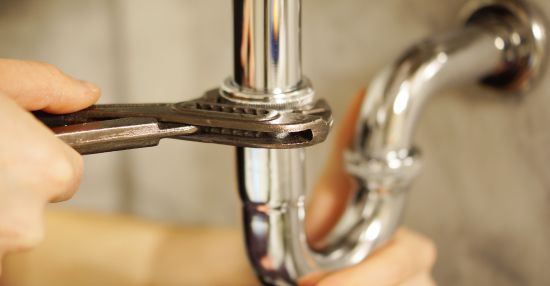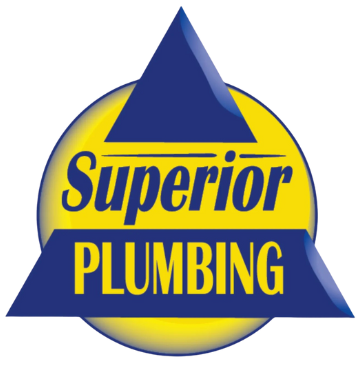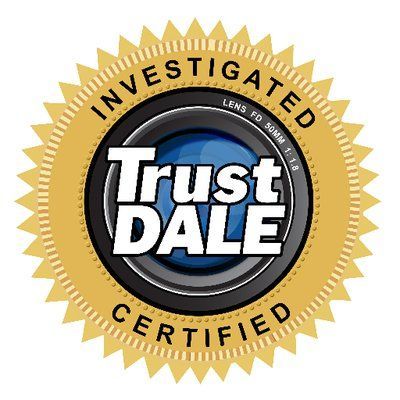8 Causes of Low Water Pressure and How To Fix Them
Taking a bath, washing dishes, brushing your teeth, and other activities at home that require water can be a pain if you have low water pressure. When the pressure is weak, chores take longer and become more tedious. Luckily, this isn’t a permanent issue and there are things you can do to fix it, especially once you understand the various causes of low water pressure.
Wondering what they are? Keep reading.
1. A Broken or Damaged Pressure Regulator
A pressure regulator is a device that controls the pressure of water. Some residential plumbing systems don’t have one. If your home doesn’t have a regulator, it may be the reason for your low water pressure.
You’ll need to have one installed to remedy the situation. Even if you don’t mind the weak trickle of water that you’re experiencing, the absence of a pressure regulator can damage your pipes sooner than necessary.
If you already have a pressure regulator, check if it’s working by attaching a pressure regulator outside and seeing if it’s accurately reading the pressure. If the results are lower than what’s indicated on your regulator, it may need to be replaced.
2. The Shutoff Valve for the House Isn't Fully Open
Have you had plumbing work done recently? Perhaps the stop cock, also known as the home cutoff valve, was temporarily closed and was never fully reopened.
To provide appropriate water pressure, the water shutdown valve must be fully open. To check, look for the pipe where the main municipal supply line enters your house. It could be outside or inside your residence.
Look for a handle that resembles the faucet for the hose or a lever. If your valve uses a lever, make sure that it’s parallel to the pipe and crank the valve anticlockwise to fully open it.
3. Rust or Corrosion Buildup From Old Steel Water Pipes
Old copper or galvanized steel pipes are one of the causes of low water pressure. If you have an older home, see if the building uses steel pipes. If it does, the flow of water may be substantially hampered by rust or corrosion buildup. The pipes will gradually worsen over time and are best replaced with new cooper or plastic water supply pipes.
If the corrosion is left unchecked, it can result in significant and expensive damage. In addition, corroded pipes can burst and flood your home.
4. Buildup in Plumbing Fixtures
Sediments can also collect in water fixtures. A buildup of calcium, dirt, rust, and filth is among the causes of low water pressure. If you suspect that this is the reason for your water pressure, try:
- Using plumbing chemicals to get rid of mineral or dirt buildup in pipes
- Checking and cleaning the faucet aerator in your kitchen faucet. This is an attachment at the end of the faucet that filters debris.
5. Scaling Brought on by Hard Water
Hard water contains scale deposits that can build up in your pipes, obstruct the flow of water, and lower your water pressure. It’s created when calcium and magnesium salts dissolve in hard water due to their high mineral content (particularly calcium and magnesium).
The best option is to replace your pipes when scale accumulation is severe enough to lower water pressure and impede its flow. Scale can be removed with products that have been specifically designed to dissolve it. Note, however, that once the scale detaches from the pipes, it might cause further clogging and plumbing issues. In addition, scale removers usually contain harsh chemicals that are unsafe for people.
6. Water Spills or Leaks
Leaks are common causes of low water pressure. You can easily identify the presence of a leak by shutting off all the water sources in the house and checking to see if your water meter is still running. Possible areas for leaks are the water storage system, water tanks, and pipe joints.
7. Pipes Under Your House Might Be Jammed or Obstructed
Clogs don't just happen in your drainage systems; they can also grow deep inside your plumbing. Even a minor clog can become a major issue and cause low water pressure. Because a clog can be anywhere underneath your house, you need to hire a qualified plumber to detect and remove it.
8. Broken Fixtures
If you’re experiencing low water pressure in only one or a few faucets, it may be because the plumbing fixture is broken. Try replacing it to see if it helps.

Call Superior Plumbing for Expert Plumbing Services in Atlanta
Start enjoying the right water pressure by calling one of the top plumbing companies in GA, Superior Plumbing. Our Atlanta professional plumbers can readily diagnose and solve all your plumbing problems. In addition to fixing water pressure issues, we have the skills and experience in providing the best drain cleaning services, bathroom plumbing and toilet repair services, expert water heater repair & replacement, clogged toilet repairs, faucet and fixture repair, sewer line repair & replacement, and more. We also provide same-day visits.
Call our hotline at
770-422-7586 or
visit our website
to learn more.








